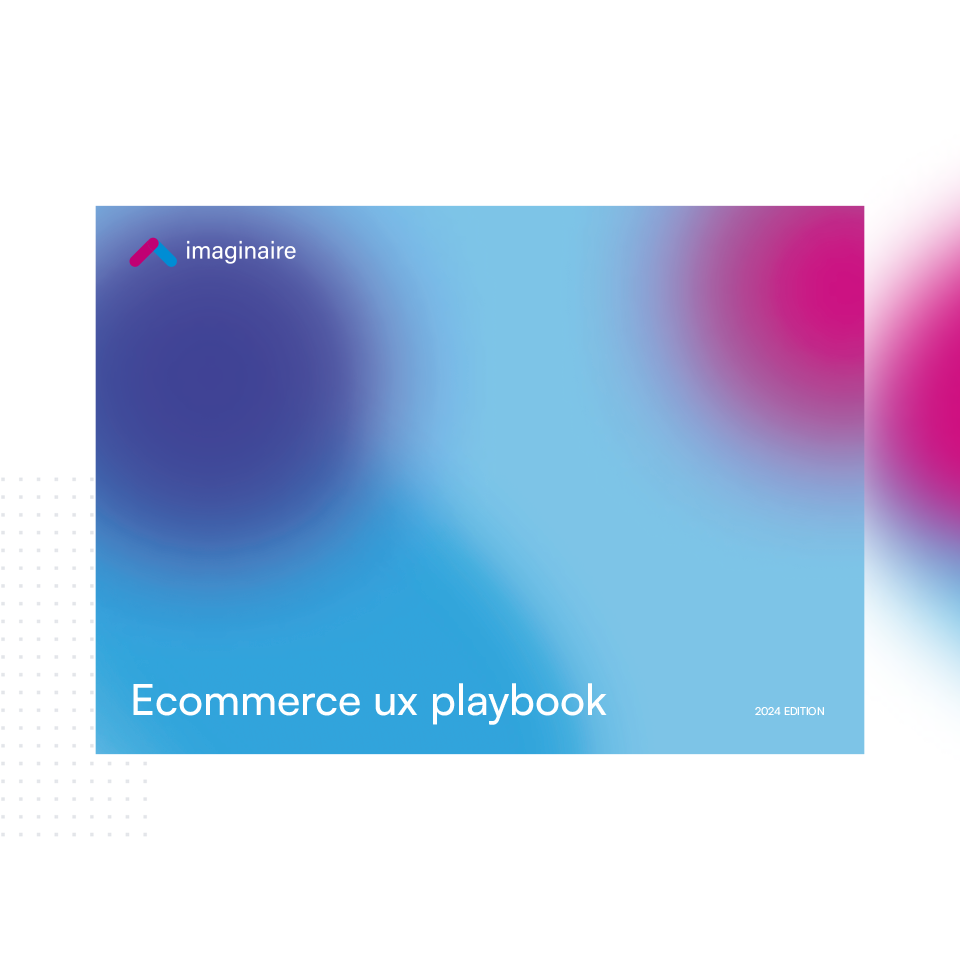GDPR (General Data Protection Regulation) was introduced in 2018, meaning businesses should already be compliant with its regulations.
That said, there is a lot to wrap your head around since GDPR is a complex topic to digest. Likewise, newer businesses may be unfamiliar with what all of the regulations actually mean for them.
Since GDPR relates to how you store and process personal data, your website and overall marketing strategies need to be compliant.
Maximum fines for UK GDPR breaches currently stand at £17.5 million or 4% of annual global turnover (whichever is greater). This means it’s never been more important to brush up on protecting user data.
If you’re not sure where to start, here are 8 top tips for GDPR compliance to point your business in the right direction.
Improve Your Privacy Policy
Every website should have a website policy that details how user data is collected and processed. Often, a link to the privacy policy is found in the website footer, so that users can always find it.
As a legal document, privacy policies need to be carefully written and checked before being uploaded. Over time, they should also be reviewed so that all of the information is still accurate.
Create A Cookie Collection Notice
Whenever browsing a website, you’ll often notice that a cookie collection notice will pop-up. That’s because GDPR calls for such information, telling users what data is being collected about them while also giving them the choice to opt-out.
Many CMS platforms such as WordPress have cookie collection notice plugins that can be used. That said, it’s key to ensure any cookie notices are compliant with the countries which access your page.
Use Clear Wording On Website Forms
Collecting user data isn’t bad full stop. However, users shouldn’t be deceived into handing over information, and likewise, that information shouldn’t be used in a way they aren’t agreeing to.
The one way to avoid any crossed wires where GDPR is concerned is to have clarity within form wording. Be sure to cover exactly what users are signing up for within the form.
Include manual tick boxes for anything that requires an agreement (i.e. receiving updates from your business).
Check That Any Website Plugins Are GDPR Compliant
Many websites use third party plugins. Again, this doesn’t have to be a bad thing – so long as these plugins are GDPR compliant.
If you’re not sure about the GDPR status of a plugin, the information should be available within the developer documentation. Alternatively, you can reach out to the maker of the plugin to request clarification.
Monitoring GDPR compliance of plugins is one of the reasons why website management is important, since this is an easy area to overlook.
Use Double Opt-In For Email Signups
Double-opt is when your email software triggers a message to double check a new subscription is genuine. Not only does this prevent spam sign ups, but it also makes sure that the user meant to sign up, and that their email wasn’t entered without permission.
Include An Unsubscribe Option For Email Campaigns
Unwanted emails are a huge spam problem. To tackle this, a physical address must be located somewhere in the email. Also, users must always be given the option to unsubscribe from an email.
Any unsubscribe requests should be handled promptly, since it may also be seen as a GDPR breach if users continue to receive emails from a company long after they tried to unsubscribe.
Delete Personal Data On Request
If users want to unsubscribe or close their account, they are within their rights to request a personal data removal.
As the name suggests, a personal data removal involves deleting information such as names, ages, phone numbers, home addresses or email addresses from the system.
Don’t Buy Mailing Lists/Use Email Scraper Tools
It might seem like a ‘quick win’ to buy email addresses or use email scraper tools to build a list. However, if users have not consented to signing up to your list or being contacted by you, this is not compliant with GDPR regulations.
Placing subscriber forms on your website and using double opt-ins is the best way to build a healthy email list. Not only will your list be GDPR friendly, but users are far more likely to engage with campaigns they’ve signed up to hear about.
Imaginaire – Website Management For Better GDPR Compliance
Not sure where to start with GDPR? Maybe it’s been a while since your website has been updated?
Imaginaire is a digital marketing agency based in Nottingham. We provide a wide range of services from web design and development to content marketing and beyond.
For any help or advice on GDPR, including finding out more about website management for ongoing compliance drop us a message or give us a call on 0115 697 1541.
